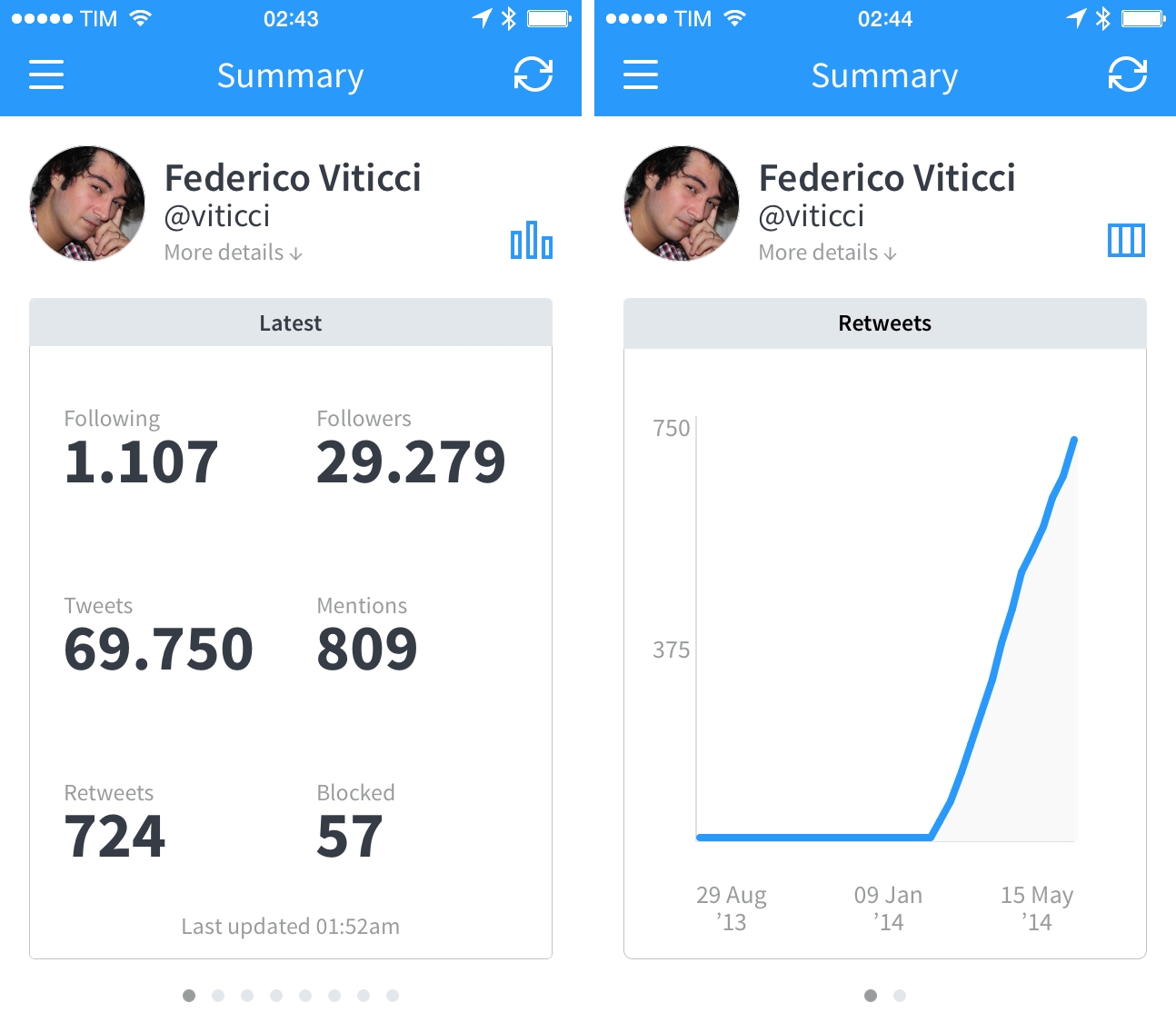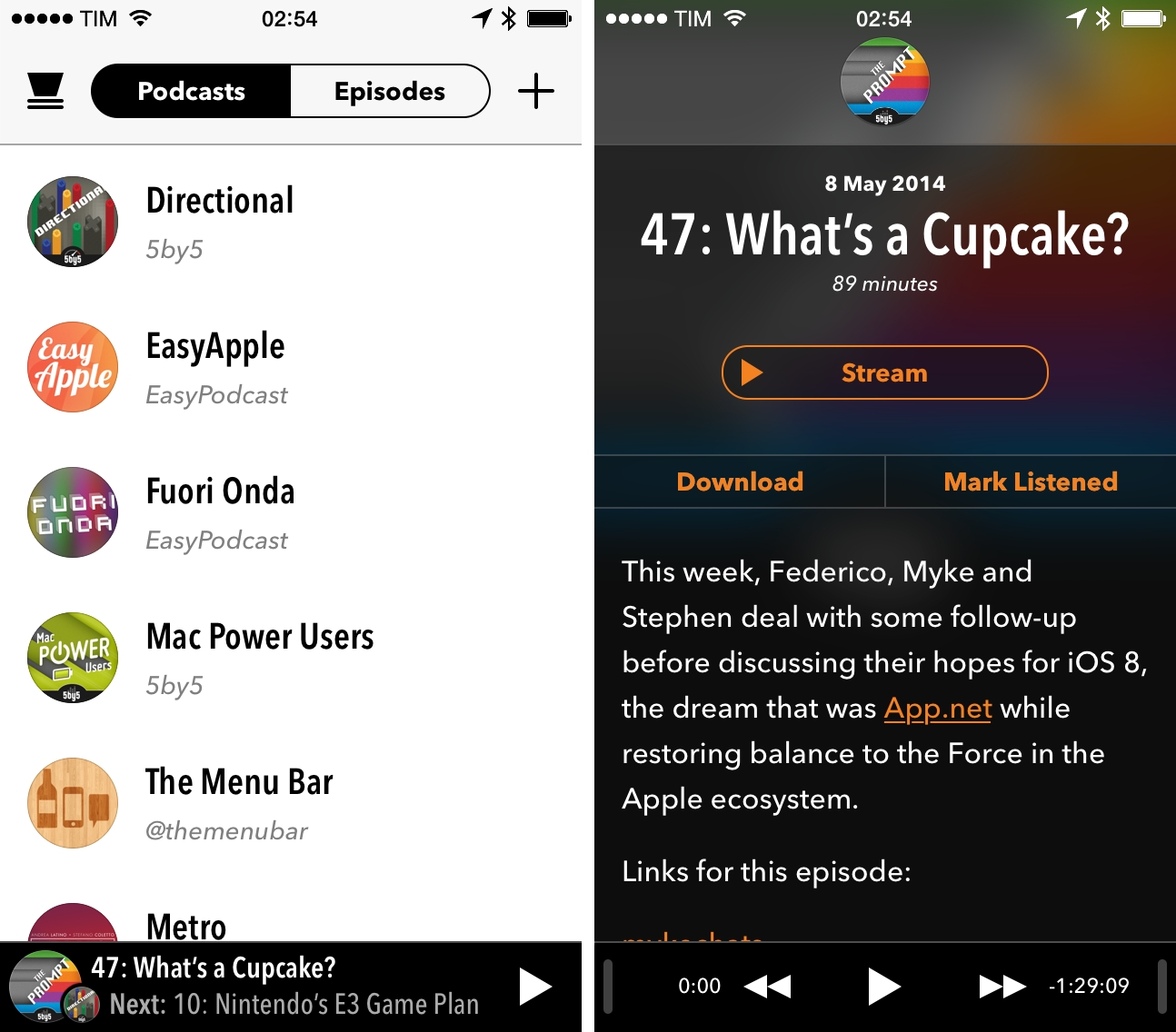Panic announced yesterday that they will be moving away from the Mac App Store for distribution of their popular and Apple Design Award winning Coda app. Panic has been working for a number of months on a significant 2.5 update for Coda but have been struggling to resolve issues with maintaining adherence to the sandboxing requirements of the Mac App Store. Instead, Panic has decided to revert back to distribution of Coda outside of the Mac App Store so they can release the update shortly.
As we continued to work on Coda 2.5—a significant update that we’re really excited about—we continued to discover new corners of the app that presented challenges under sandboxing. Coda, to be fair, is a very complex developer tool and is something of a sandboxing worst-case scenario.
Panic makes this move despite the fact that they had a notable degree of help from teams within Apple - but it seems that ultimately it just was not enough. They write that Apple “to their considerable credit, spent a lot of energy assisting us with ideas, workarounds, and temporary exemptions we might be able to use to get around some of the issues”. The move also comes more than a year after Panic successfully made the decision to change the way Coda worked in some ways so that it could be sold on the Mac App Store despite the, new at the time, sandboxing rules.
The new version, which will be available from Panic’s website upon release, will automatically detect if there is a Mac App Store version of Coda installed and unlock the app for use. As a consequence of moving away from the Mac App Store, it also means the Coda can no longer use iCloud Sync and as a result, Panic have developed their own sync service - Panic Sync. This new service will be free and work across Panic’s apps, including Coda and Diet Coda.
Panic write in their announcement that they will always “evaluate the possibility of sandboxing with each future release of Coda”, with the hope of one day returning to the Mac App Store. Finally, Daniel Jalkut made the point on Twitter that Coda will no longer be eligible for the award it won last year, the Apple Design Award, because it is leaving the Mac App Store.






